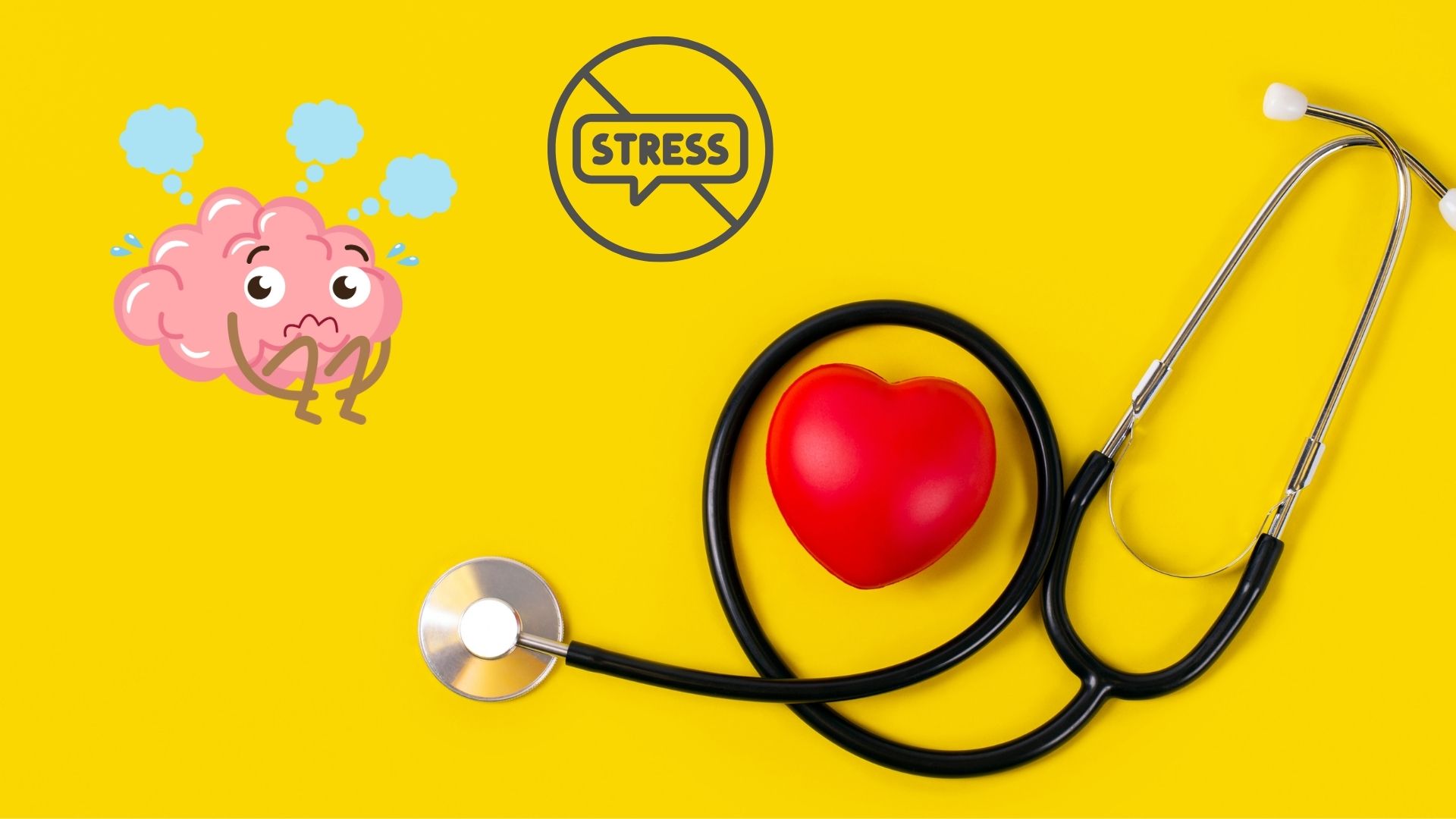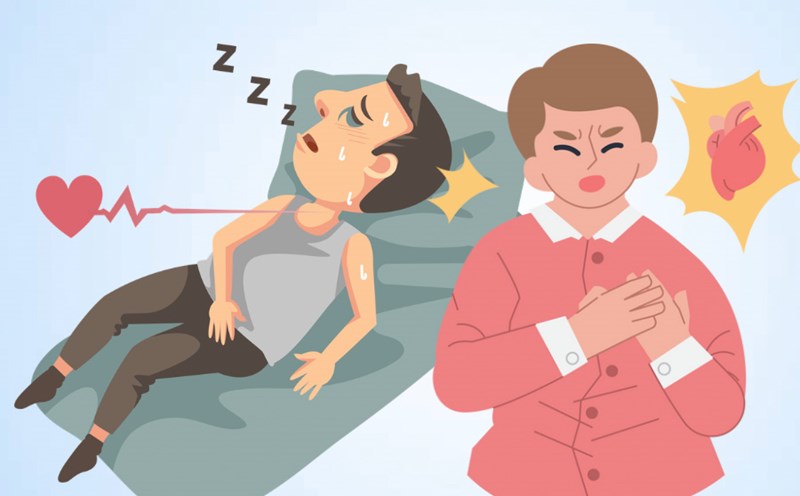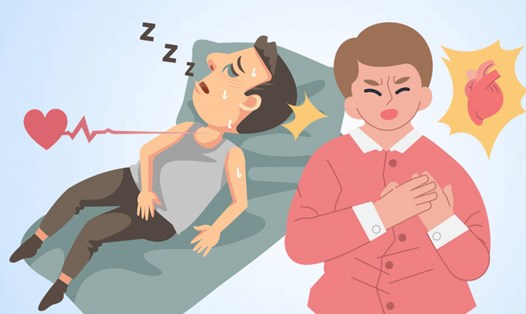
Why is mental health important for the heart?
The Center for Disease Control and Prevention (CDC) said that mental health is associated with an increased risk of heart disease, as people who are often depressed, anxious and stressed are prone to high blood pressure, reduced blood flow to the heart and alarmingly high cortisol levels. These factors, over time, can clog arteries and cause heart disease.
How mental health affects cardiovascular health
- Depression: The body produces more cortisol, leading to increased heart rate and blood pressure. In addition, people with depression tend to smoke, drink alcohol or binge eating - all of which are risk factors for the heart.
- Anxiety: When anxiety occurs frequently, the heart rate and blood pressure fluctuate strongly, the stress response triggers inflammation in the body - this is the premise for the formation of artery plaque.
- Long-term stress: Prolonged stress can make blood more likely to clot, damage arteries and lead to limited blood flow to the heart - all of which put great pressure on the cardiovascular system.
How to take care of mental health to protect a healthy heart
- Practice physical exercise habits, such as walking, yoga to help reduce stress and improve blood circulation.
- Take time to relax, meditate or take deep breaths to support your psychology.
- Prioritize a balanced diet, limit harmful behaviors such as smoking and alcohol consumption.
The information in the article is for reference only, not a replacement for medical diagnosis or treatment. You should talk directly to your doctor for accurate advice that is suitable for your health condition.











